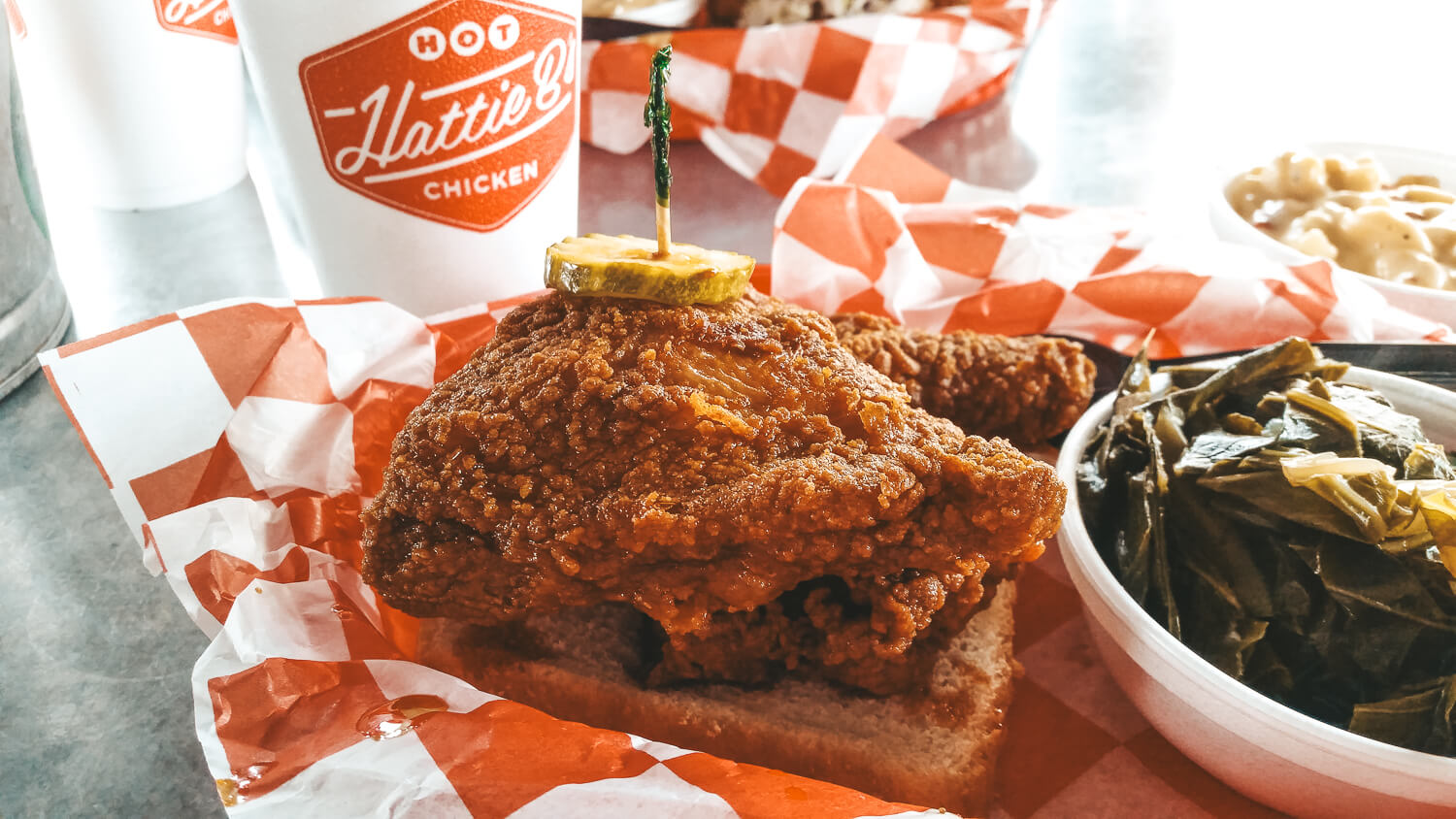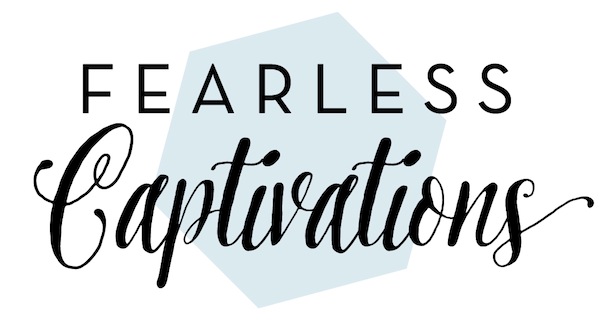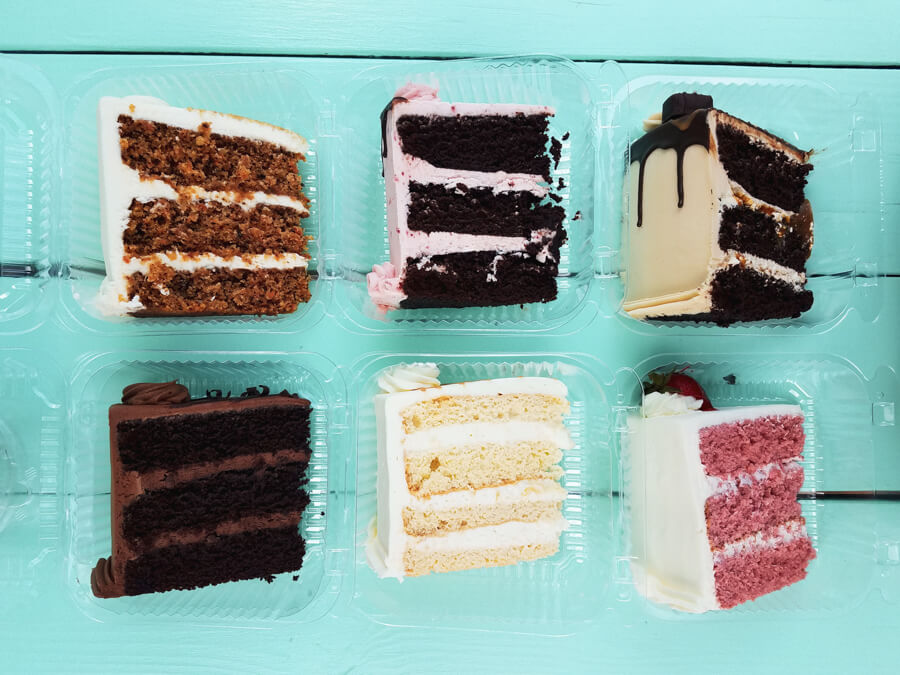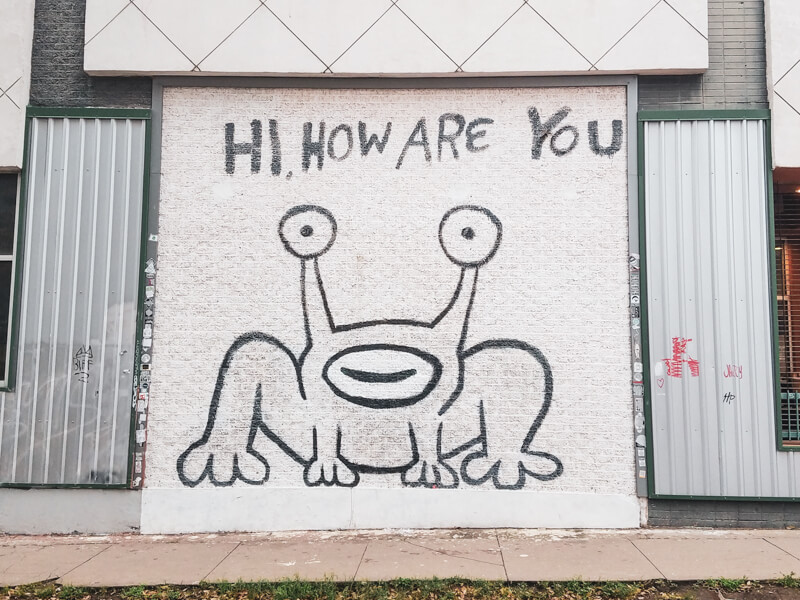Note: This post is part of my new blog series called Fearless Heart, which is a chance for me to share about causes that matter to me in depth. These posts are meant to share knowledge and resources, start conversations, and encourage you to care. Thank you for being here!
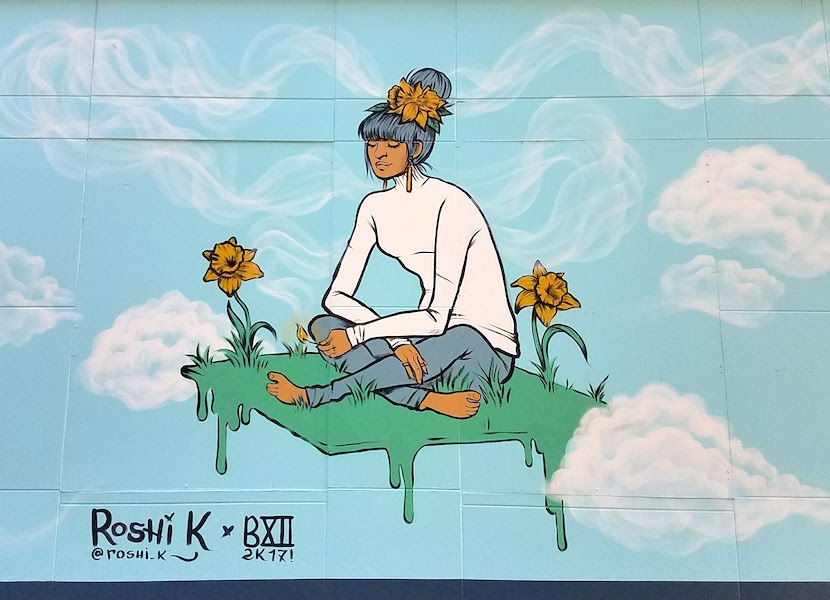
“Travel isn’t always pretty. It isn’t always comfortable. Sometimes it hurts, it even breaks your heart. But that’s okay. The journey changes you; it should change you. It leaves marks on your memory, on your consciousness, on your heart, and on your body. You take something with you. Hopefully, you leave something good behind.” – Anthony Bourdain
Anthony Bourdain inspired so many, especially in the culinary and travel industries. He inspired us with his passion for food, travel, culture, and people. He was an honest storyteller who challenged what I assumed, opening my eyes to see the beauty and history of a place beyond a tourist view. I appreciate the journeys he took us on through his show. We wanted to be like the Anthony we saw in public: open, adventurous, kind, and fearless. I’m sure he wasn’t a perfect person – he told us about his demons and he was human – but I like to believe he was a good person. I didn’t know him personally and never met him, but the human I saw inspired me and will continue to do so.
We were in shock that a man we thought was so down-to-earth, connected, and grateful would choose to take his life. We experience this in our personal relationships too. We think we know someone, but we realize we don’t. The truth is mental illness has many forms and is a disease that is relentless, no matter how happy, loved, blessed, and grateful someone seems. As with any disease, it doesn’t pick and choose between people based on the amount of wealth, fame, health, and blessings. You can be and do all the right things and the disease can still win. You can have it all and still, the disease tells you you’re not enough and that there’s no other way to make things right but to leave the world. Pain, unworthiness, humiliation, and helplessness are a few things people who fight may feel. I can’t begin to imagine the depth of that place.
Fighting mental illness is not as simple as “snapping out of it,” doing things you love, or finding a reason to live. From my understanding, it’s caused by chemical imbalances in the brain, which changes the way a person thinks, and in some cases, prevents a person from making sound decisions. Mental health should be treated the same way as we diagnose someone with Alzheimer’s or cancer. We don’t brush off people that need help or shame them for having a disease, why do we look at mental illness differently?
If You Need Help
Please call the National Suicide Prevention Line at 1-800-273-8255 or chat with someone on the website.
You can also text the Crisis Text Line at 741741.
Visit Psychology Today for a list of therapists.
To those who struggle, summon an ounce of courage to find help, be it a phone call to a hotline, a stranger in the grocery store, or a friend you haven’t talked to in a while. Maybe an ounce can show you a way you hadn’t thought of yet. It’s not weak to ask for help.
You are loved and matter more than you realize, more than your mind wants you to think. We can’t begin to know or understand what you are going through but we are trying to be there for you and walk with you through the darkness. We’ll keep our eyes open and be extra sensitive to your changes. We will keep asking how you are, we’ll keep calling, we’ll keep trying to reach you.
Where do we go from here?
Loss plagues us, leaving the world dimmer, our lives darker, and our hope more fragile. Death shouldn’t be a scary subject, it’s a part of life. But when someone chooses to leave, it creates a deep hole that threatens to pull in everyone who gets close.
Be kind because you never know what struggles someone is going through. Stay connected and check in on the people in your life, even if they seem strong or tell you they’re fine. Don’t hide from tough conversations. It’s tireless and heart-breaking and necessary. Maybe if we allow ourselves to be more vulnerable, allow our feelings out in the open, and change the way we think, express, and react, we can be better humans.
- We love people harder. Be willing to listen, to take them to the doctor, and to check in.
- We celebrate and honor the people who left too soon.
- We try to understand mental illness better. We read books, listen to the news, attend events, and talk to friends.
- We don’t shy away from the awkward and hard conversations.
- We won’t be afraid to ask “are you ok” to a friend or stranger who looks like they need help.
- We are honest about how we feel. It’s ok to not be ok.
- We are thoughtful about what we say. These are real illnesses with difficult outcomes. Don’t joke about being OCD because you’re tidy or describe moody people as being bipolar. Don’t use the phrase “I want to kill myself” when you’re faced with a boring or annoying situation or person.
- We support organizations that are working towards changing policy, funding research, and providing resources.
Honoring Anthony Bourdain
If you want to get to know Anthony Bourdain and relish in the work he left behind, here are some links you should check out. If you have Netflix, Anthony Bourdain’s show Parts Unknown is fabulous.
- The essay he wrote about his childhood
- Tribute to how he told the truth
- Tribute to how his cookbooks touch us
- Collection of tributes from the culinary industry
Resources to Understand Mental Illness, Depression, and More
Books – Memoirs
- Reasons to Stay Alive by Matt Haig
- Furiously Happy: A Funny Book About Horrible Things by Jenny Lawson
- Everything is Horrible and Wonderful by Stephanie Wittels Wachs
Books – Nonfiction
- Lost Connections: Uncovering the Real Causes of Depression – and the Unexpected Solutions by Johann Hari
- Notes on a Nervous Planet by Matt Haig
- The Kevin Show by Mary Pilon
Books – Fiction
- Turtles All The Way Down by John Green
- It’s Kind of a Funny Story by Ned Vizzini
- Everything Here is Beautiful by Mira T. Lee
- The Astonishing Color of After by Emily X.R. Pan
- History Is All You Left Me by Adam Silvera
*See more book recommendations here
On the Web
- TED Talks: Here and Here
- Modern Loss Website
- 10 Podcasts About Mental Health
- This Instagram account
- Information from the National Institute of Mental Health
- NPR article about the stats
- Infographic PDF about U.S. Mental Health Facts
- Kate’s Story
- This post from my friend Terra
Have any recommendations on resources or anything you want to share? Write a comment below!
P.S. It’s ok to have feelings. Take a look at this post about living through the sadness.
I’m on the Internet! You can find me on Instagram, Facebook, Twitter, Pinterest, and Bloglovin’. You can also subscribe to the exclusive email list.
